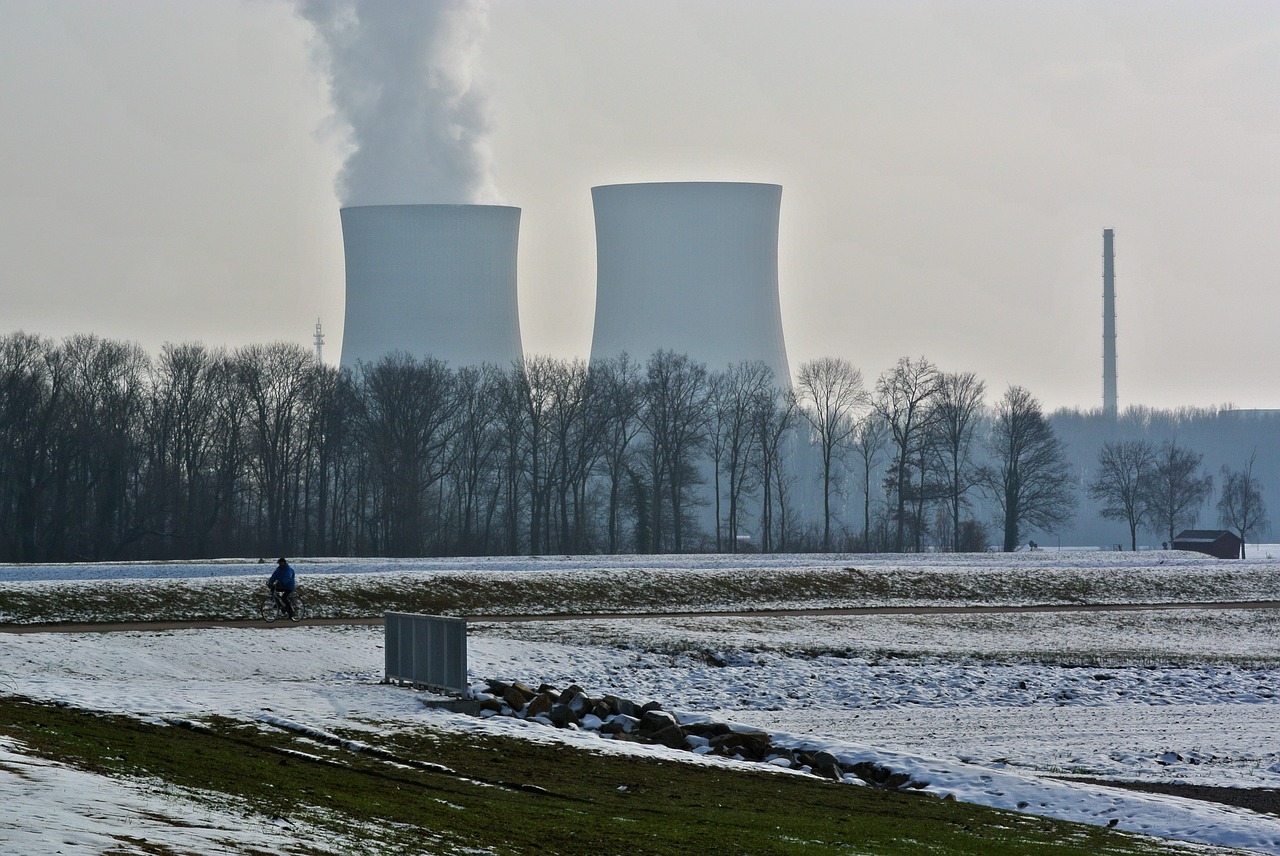The energy crisis may end sooner than expected if the economic crisis reduces the demand for raw materials – writes Wojciech Jakóbik, editor-in-chief at BiznesAlert.pl.
The energy crisis that is manifested in the record prices, and which results from fuel supply shortages that cannot keep up with the demand, and which is fuelled by Russia’s Gazprom that has been limiting natural gas supply to Europe since the summer of 2021, may wrap up sooner than the forecasts, which said the high price would hang on throughout winter. However, the reason for this possibility is actually worrisome, and BiznesAlert.pl has been writing about this for the past year.
Longer discounts herald a collapse in demand
Fuel prices at gas stations in Poland are dipping, apart from diesel, which is still overloading supply chains. Average prices of the Pb95 petrol have been estimated by e-petrol at PLN 6,39-6,51 per liter in the week from 12 to 18 September. This gasoline kind broke its price record in June 2022 reaching PLN 7.98 per liter in the eastern regions of Poland, far from the naftoport in Gdańsk. Since then, fuel has become cheaper, but despite that the leading suppliers – PKN Orlen, Lotos Group and BP, have decided to extend their discount programs where drivers can save about PLN 0.4 per liter, until the end of September. This may herald the destruction of demand caused by the high prices, which may also result from the cooling of the economy. The Purchasing Managers Index (PMI) in Poland, which shows financial activity in the economy and bodes well for the economy, dropped to 40.9 points in August from 42.1 points in July. The market consensus estimated it at 41.8 points. It is the lowest since May 2020, when the first wave of lockdowns in the wake of the coronavirus pandemic slowed the economy. The number of orders in the economy has also gone down from 35.6 points in July to 33.5 points in August, and this is also the lowest level since May 2020.
This means the economic crisis, manifested by the high prices, may end sooner. It may impact entire Europe. It is also heralded by gas and CO2 emission prices, which are falling despite Russia’s threats to cap supply prices and stop Nord Stream 1, and further work to tighten the EU’s climate policy despite the energy crisis. October gas contracts on the TTF Exchange dropped to about EUR 200 per megawatt-hour from a record EUR 350 in June. Natural gas deliveries in the fourth quarter also remain at this level, although they have been more expensive in the past. In the spring they cost about EUR 100 and in June about 150. This is because Europe’s gas storage facilities are almost full – at 84 percent, as at 14 of September. This will decrease the supply, but it may also mean that demand is about to collapse. It should be reminded that gas consumption in Poland is expected to fall by 17 percent in 2022 according to estimates of the Ministry of Climate and Environment, but the economic crisis may cause an even greater decline. CO2 emission allowances, which peaked in the summer reaching almost EUR 100 per ton, plummeted in September to about EUR 80. The reason may also be the economic slowdown seen, for example, in China, which according to Carbon Brief estimates reduced CO2 emissions by 8 percent in the second quarter of 2022, continuing the decline that started a year ago. This drop may also be a sign that economic activity in China is about to slow down, some of the reasons being the continued fight against the corona virus, radical restrictions on mobility, as well as a crisis on the real estate market and bad economic data. China’s GDP grew in the second quarter of 2022 by 0.4 percent year on year, below the market consensus set at one percent.
All of this means that the scenario presented in September 2021 by BiznesAlert.pl, which foretold the economic crisis, is happening before our very eyes. Back then we wrote that inflation could jump to about 10 percent in the first quarter of 2022 in result of the economic crisis that is being fuelled by Gazprom, what we didn’t know was that Russia would attack Ukraine which has only contributed to Europe’s economic problems. It may therefore turn out that the collapse of demand signaled by the dropping prices will reduce demand to a degree that will relieve the supply chains of gas, oil and fuel, but will leave the European economy, including the Polish one, in an economic crisis.
The great unknown
It is difficult to estimate the further impact of the economy on commodity prices, because one, new brawl started by Vladimir Putin may reverse the downward trend. After all, one can imagine a new escalation in the East, including attacks with weapons of mass destruction, which would lead to a new panic on the stock market. However, if the downward trend in consumption continues, commodity traders will also feel the plunge and there will be a new crisis in oil prices and other media. This unpredictability is the biggest challenge for entrepreneurs contracting energy for the next year, or negotiating new gas contracts for Poland from Norway. Security reasons make it necessary to sign deals for as much as possible, but the destruction of demand means one may end up with an expensive surplus without the ability to put it back on the market.









